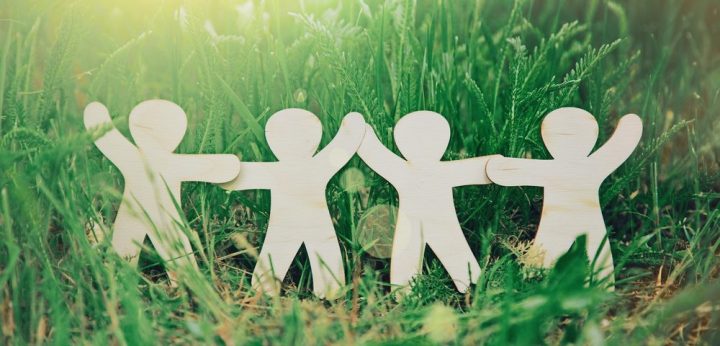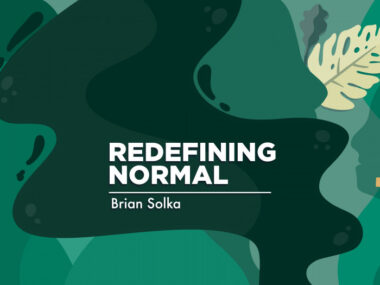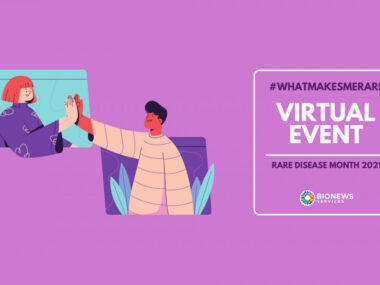Seizure-causing Disorders Can Take Emotional Toll on Siblings
Written by |

Having a sibling with Lennox-Gastaut syndrome and other seizure-causing conditions can take a psychological toll that is not always recognized by parents, research shows.
The findings were published in Epilepsy and Behavior, in the study “Psychosocial impact on siblings of patients with developmental and epileptic encephalopathies.”
Developmental and epileptic encephalopathies (DEEs) are a group of conditions characterized by seizures, cognitive and motor impairment, and developmental delay. People with these conditions (e.g., Lennox-Gastaut syndrome and Dravet syndrome) typically require comprehensive, long-term care.
Having a family member with a DEE impacts every person in the family. Understanding how siblings are affected could help develop better systems to provide support to those siblings.
In the study, researchers conducted a survey of 128 parents and 120 siblings of children with DEEs.
“Our study evaluated parental and sibling responses to questions designed to assess the unique emotional and social impact of growing up with a sibling with a DEE,” the researchers wrote.
All of the parents completed the same survey, called The Sibling Voices Survey. The siblings, who did not have a DEE themselves, were divided into three groups based on age: 9–12 years old (24 siblings), 13–17 years old (17 siblings), and 18 years or older (79 siblings). Each of these groups were given slightly different surveys, based on age-appropriateness. Survey responses were submitted anonymously online from July 19 to Dec. 31, 2017 to a central database.
“Survey questions focused on a range of psychological and emotional symptoms, including symptoms of anxious or depressed mood, fear, and worry,” the researchers wrote. “Questions also assessed siblings’ support circles, coping mechanisms, and knowledge of their sibling’s DEE diagnosis.”
All of those surveyed were generally similar in their responses to the challenges of living with a family member with a DEE. For example, most respondents (71%–84%) in all groups reported that their home life was harder because of the DEE.
Many also reported feeling worried or scared when their sibling experienced a seizure. Common concerns included siblings getting less attention than the child with a DEE, or the disorder causing stress for parents.
Siblings, especially adults, also reported feeling a high burden of responsibility — 63% of adults reported feeling overly responsible for their sibling with a DEE. Additionally, 61% reported having discussed a plan to transition care from the parent, and in over half of these, the adult siblings planned to assume caregiving.
In free-form responses, one respondent said that they “ended up being more like a second parent” to their sibling with the DEE, and another reported “taking more responsibility for his [sibling’s] care; it occupies my daily life.”
Many of the siblings reported experiencing symptoms of anxiety and depression. Notably, their self-reported experiences and parents’ perceptions were often different in this area.
For instance, feeling down or unhappy was reported by 47% to 62% of siblings, whereas 25% of parents perceived the siblings as feeling this way. Similarly, 29% to 49% of siblings reported having nightmares, while 14% of parents reported perceiving this in their children who did not a DEE.
“Survey responses indicate that, in general, siblings experienced depressed or anxious mood symptoms more often than parents perceived,” the researchers wrote.
Siblings also commonly reported fear for their sibling with the DEE: “It scared me and caused me a lot of stress that I did not believe I should share with others. I kept it to myself and it made me shut people out,” one adult sibling wrote.
Another wrote: “I was a child, so of course I spent countless nights up crying, wondering what would happen if I never saw [my sibling] again; it was hard.”
More than two-thirds of the siblings surveyed reported being knowledgeable about their sibling’s DEE, and knowing ways to help during seizures. Statistical analyses showed that siblings with more knowledge about the condition or strategies to help were more likely to have better mood scores. This was particularly true for siblings who were still children.
When asked about methods that might help them better cope, child siblings commonly reported wanting to go on special outings alone with parents or to have a special game to play when stressed. Wanting more information about a family member’s DEE was also commonly noted by child and adult siblings.
“The current study underscores the need for improved communication between parents/caregivers and their unaffected children regarding their emotional well-being and impact of having a sibling with DEE,” the researchers concluded.


